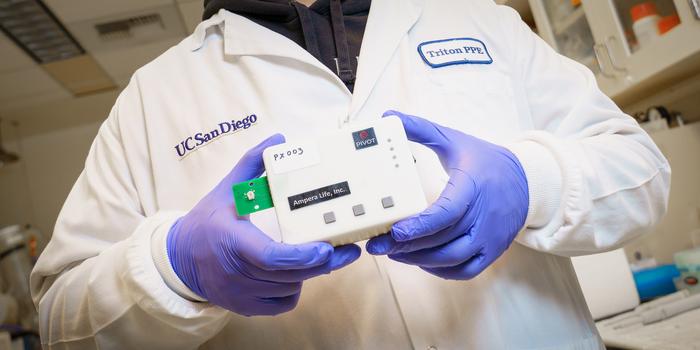Research continues to explore new ways to address treatment-resistant depression. Recent studies have examined how brain activity patterns contribute to mood regulation and how targeted approaches may aid in this process. Advancements in technology provide clinicians with more tools to study these patterns and develop supportive interventions. Here are a few ways these developments can help guide future treatment discussions:
Understanding Treatment-Resistant Depression
When standard antidepressants fail to provide relief after multiple trials, doctors classify this as treatment-resistant depression. Each person responds differently to medication based on their unique genetic profile. Most physicians try at least two different antidepressant medications before determining that depression is treatment-resistant.
Treatment-resistant depression can create challenges for patients and healthcare providers. The condition affects daily functioning and can lead to physical problems, including headaches and chronic pain. Patients may experience persistent fatigue, weight changes, sleep disturbances, and difficulty concentrating.
Exploring Deep Transcranial Magnetic Stimulation
Deep transcranial magnetic stimulation (DTMS) has been developed to support individuals with persistent depressive symptoms. This non-invasive approach utilizes magnetic pulses to modulate nerve activity in specific brain areas. Devices such as BrainsWay deliver focused stimulation through the skull to reach particular regions.
During a typical session, the patient sits comfortably while a helmet is positioned over the head. The device emits pulses that produce a distinct clicking sound. Sessions generally last around 20 minutes, with multiple sessions scheduled over several weeks.
DTMS is generally well-tolerated, and some individuals may experience mild discomfort at the treatment site initially. This sensation usually eases as treatment progresses. Consulting with a qualified provider can clarify whether this approach aligns with your care plan.
Applying Brain Rehabilitation Techniques
Brain rehabilitation offers an approach that targets persistent depressive symptoms through structured activities and exercises. These exercises engage specific brain regions and encourage the development of new neural pathways. By promoting neuroplasticity, the brain can adapt and restore functional balance over time, supporting overall mental resilience.
Multiple therapeutic modalities are combined to create individualized treatment plans tailored to each patient’s unique brain patterns and symptoms. This personalized approach addresses the diverse aspects of depression and aims to produce meaningful, sustained improvements. Providers monitor progress and adjust exercises to maintain alignment with each patient’s evolving needs.
Integrating Comprehensive Treatment Approaches
Modern approaches to depression treatment often integrate multiple strategies for improved outcomes. DTMS therapy is used in conjunction with brain rehabilitation exercises and functional medicine assessments. This combination targets both neurological activity and physiological contributors to depressive symptoms.
Functional medicine examines factors beyond brain chemistry, including nutrition, hormones, and metabolism. Addressing these areas may support overall brain function and daily well-being. Nutraceuticals and targeted supplementation are sometimes used to support optimal neural function.
This integrated approach acknowledges that depression impacts multiple body systems. By considering neurological pathways, metabolic function, and nutritional balance together, treatment can support a more comprehensive recovery. Patients may benefit from a coordinated plan that aligns various aspects of care with their overall mental health.
Looking Forward in Depression Care
Recent developments provide new approaches for individuals with treatment-resistant depression. Options such as DTMS therapy and brain rehabilitation expand available strategies beyond traditional medication. These approaches combine stimulation techniques and therapeutic exercises to support mental wellness. Consulting a qualified provider can help determine which options may fit your needs.





Leave a Reply